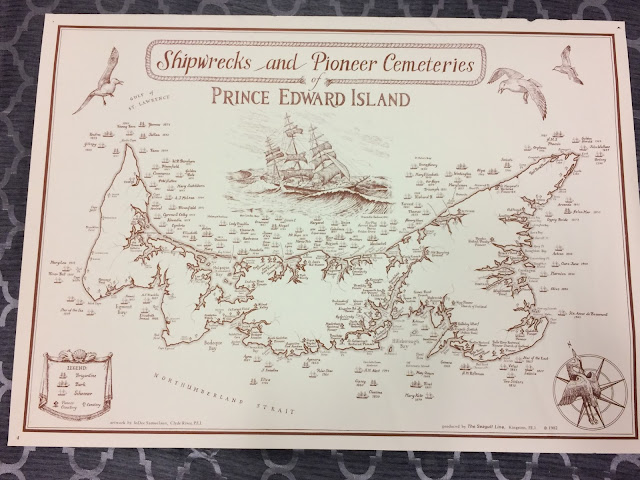Puritans VS Christmas
If you want to hear about the real so-called "War on Christmas," the holiday coffee cups at Starbucks or Tim Hortons and your cashier saying "Happy Holidays" are not where you should be looking. Instead, you should be looking at the Massachusetts Bay Colony of 1659. Because the Puritans banned it.
The following is a section from one of their law books:
“For preventing disorders arising in several places within this jurisdiction, by reason of some still observing such festivals as were superstitiously kept in other countries, to the great dishonor of God and offence of others, it is therefore ordered by this Court and the authority thereof, that whosoever shall be found observing any such day as Christmas or the like, either by forbearing of labor, feasting, or any other way, upon such accountants as aforesaid, every person so offending shall pay of every such offence five shillings, as a fine to the county.”
So it was not just loud, boisterous parties that were banned. Taking the day off for the holiday, decorating, feasting with family and friends, etc. all banned.
 |
| "The Puritan Governor interrupting the Christmas Sports" by Howard Pyle, 1883 |
In the time of the Puritans, Christmas was a rather riotous and sometimes violent holiday. Class inversion was common (rich giving gifts to the poor, servants acting as masters), carolers would demand food and drinks, a lot of drinking, feasting, donning masks and putting on plays, etc. were all common practice.
The Puritans were a religious minority having fled England due to persecution from the Anglican majority. For the very religious Puritans, Christmas was unnecessary, a distraction from their religion, and as the holiday had pagan origins, it was idolatry.
According to Puritan Rev. Increase Mather:
"The early Christians who first observed the Nativity on December 25 did not do so thinking that Christ was born in that month, but because the Heathens' Saturnalia was at that time kept in Rome, and they were willing to have those Pagan Holidays metamorphosed into Christian ones."
For the Puritans leaders, "...for whom all days are holy can have no holidays," this meant other holidays, such as Easter, were also not celebrated. Unless their was a scriptural basis, AKA scripture said it was a holiday, there was no holiday.
Technically speaking, the Puritans were right. Christmas at the time did not have a scriptural basis or have too much to do with the birth of Christ, and was held on the date of the Winter Solstice/Saturnalia.
The ban on Christmas did not last too long. As the Puritan's power declined, Christmas began to be celebrated more. By 1840, Christmas was an accepted holiday throughout most of the United States and in 1870 it was declared a national holiday.
Ohlheiser, Abby. The Puritan War on Christmas Was the Best War on Christmas. "The Atlantic." December 11, 2013. https://www.theatlantic.com/national/archive/2013/12/puritan-war-christmas-was-best-war-christmas/355705/
Pruitt, Sarah. How Christmas Was Celebrated in the 13 Colonies. "History." December 21, 2020. https://www.history.com/news/christmas-13-colonies-puritans#:~:text=Despite%20Puritan%20efforts%2C%20many%20colonists,on%20plays%20and%20otherwise%20performing.
Tourgee, Heather. How the Puritans Banned Christmas. "New England Today Living." December 8, 2021. https://newengland.com/today/living/new-england-history/how-the-puritans-banned-christmas/


Comments
Post a Comment